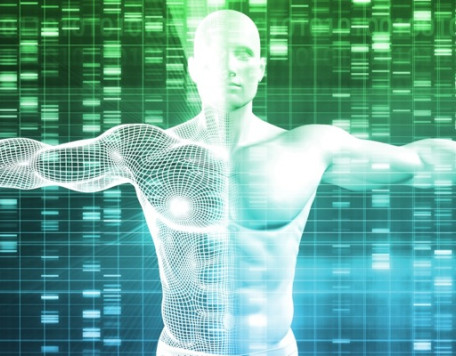© Pint of Science, 2025. All rights reserved.
Unlock the secrets of Alzheimer's disease in this insightful event focused on cognitive health. Delve into the latest research and discoveries shedding light on Alzheimer's risk factors, diagnostic tools, and potential treatments. Join us as we unravel the complexities of this neurodegenerative condition and explore pathways to prevention and intervention.
Investigating the star cells of the brain to shine light on the causes of Alzheimer’s disease
Ryan Ragan
(ARUK PhD Student)
Wendy Noble
(Professor of Molecular Neurobiology)
Alzheimer’s disease is the most common form of dementia. There are no cures for dementia. This is partly because we don’t understand enough about disease development. Most past research has focussed on nerve cells. However, evidence now shows that another cell type, called astrocytes, are also important. In healthy brain, these star-shaped cells monitor the brain and support nerve cells. In dementia, the functions of astrocytes change and this speeds up nerve cell death. We are investigating if correcting abnormal astrocytes might be a novel therapy for dementia.
Building brains to study disease
Thomas Piers
(Exeter BRC Translational Fellow/Lecturer in Neuroscience)
Brain diseases affect millions of people worldwide. How we study these disorders has been revolutionised by the invention of a type of human cell that can be made into any other cell type including brain cells such as neurons. We use this technology to build ‘brains in a dish’ allowing us to study how changes associated with diseases affect how neurons communicate with each other. The hope is this type of research will accelerate our understanding of disorders like Alzheimer’s disease, providing new therapies to alleviate the suffering caused by these devastating diseases.
Brewing up dementia: could a yeast cause Alzheimer’s
Will Newton
(PhD Student)
Despite sounding like scaremongering, this oversimplified question describes a relatively new and promising area of dementia research. In a quest to identify what causes Alzheimer’s disease, emerging evidence shows our immune system is involved. More specifically, recent findings suggest a possible role for microbes (bacteria, fungi, and viruses) as environmental triggers, or factors which accelerate disease progression. This talk will explore novel links between the immune system and Alzheimer’s, and I will discuss the evidence implicating microbes as players in this disease.
Map data © OpenStreetMap contributors.
Other Bootlegger events
2025-05-20
Biology Cares
Bootlegger
162-163 Fore Street, Exeter, EX4 3AT, United Kingdom
2025-05-21
Diabetes: exploring the sweet and sour
Bootlegger
162-163 Fore Street, Exeter, EX4 3AT, United Kingdom



